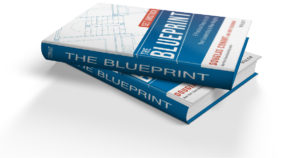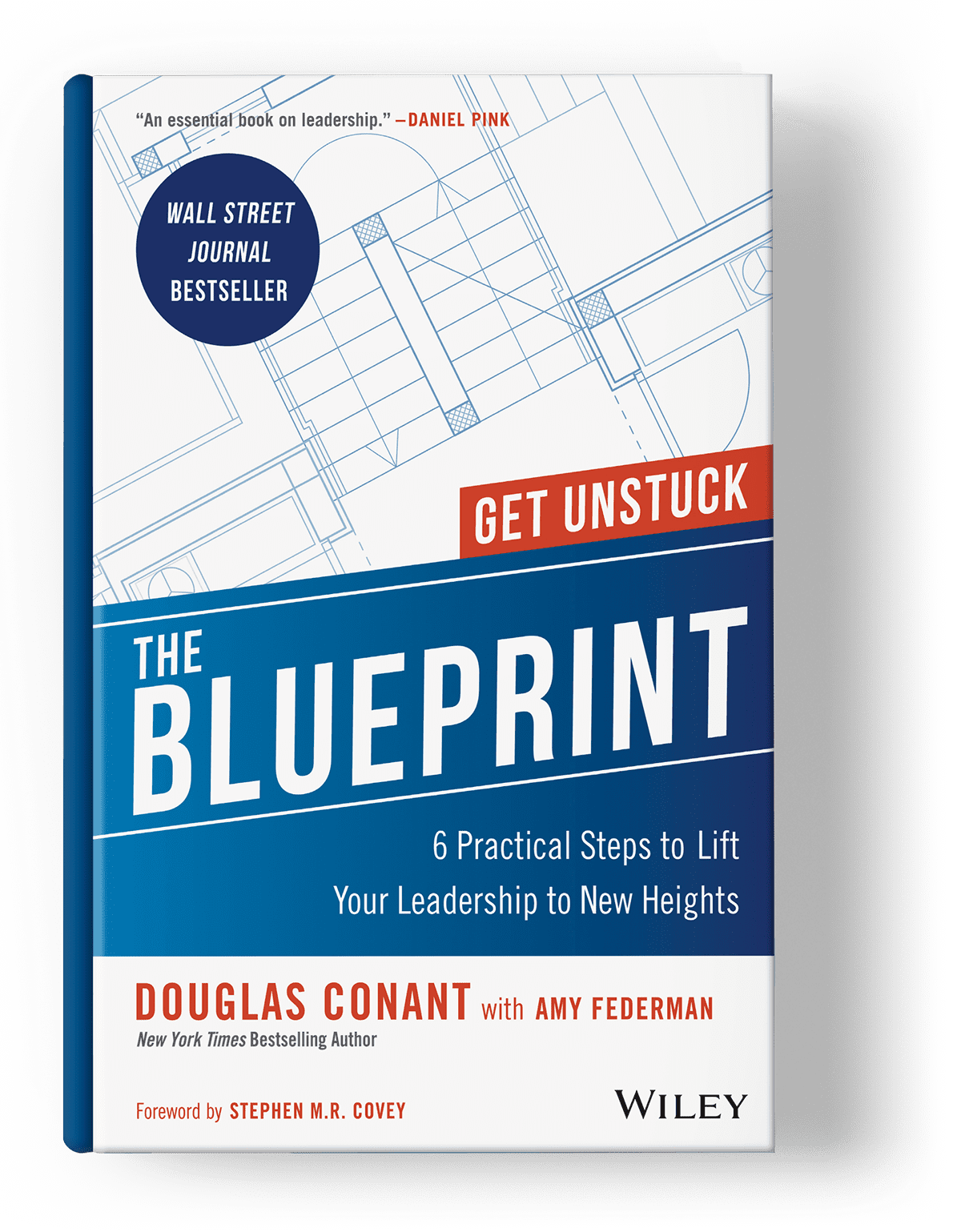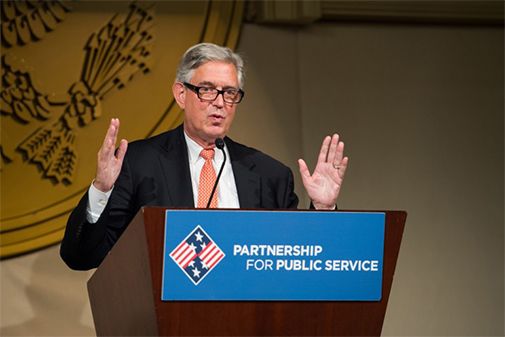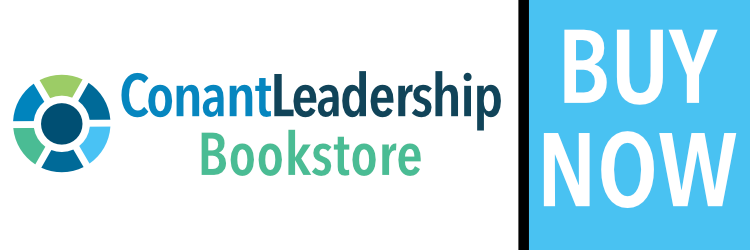8 Leadership Links to Empower You During Crisis
Today we dispatched the April 2020 edition of our Leadership That Works Newsletter, a curated digest of of the best leadership links from around the web, sent at the end of each month. This month we’re offering empowering tips for a time of increased complexity, more remote work, and a surge in virtual meetings and communication due to the COVID-19 crisis. In these 8 leadership links to empower you during crisis: be here now, the power of flex work, go slow to go fast, and more. As always, we’re sharing the articles from our newsletter here in case you’re not subscribed to our mailing list. If you find these links enriching, you can sign up to receive our newsletter here.
Make a List of ‘Choices,’ Not ‘To-Dos‘
How to manage your competing priorities and commitments, especially now, as they are only increasing in the face of crisis? Susan Fowler, an expert in motivation, says to take some cues from the science behind motivation in this SmartBrief post . The easiest switch is to change your mindset by “reframing your to-do list into a list of choices.” Then, you don’t have to do a particular task, you’re choosing to do it. Read more of Fowler’s tips for managing energy and motivation here.
Be Here Now
As the COVID-19 pandemic has swept across the globe, many humans have reacted by either over-panicking or denying the threat altogether. Between these two extremes lies the space leaders need to occupy to think effectively and react responsibly, explains psychiatrist Dr. Jud Brewer in this practical Medium post. In order to, “keep our thinking brains online,” and “prevent ourselves from swinging to either extreme panic or denial,” we need to practice “good mental hygiene” to stay present and teach our brains “how to work in pandemic times.” To get you through, Brewer shares five helpful habits to ground you in crisis, all of which you can start today.
** For more on habits, explore our post on the 5 traits of an effective leadership H.A.B.I.T
Why Flex Work Is Key to Inclusivity
“Almost overnight, we have seen our workplaces change dramatically as remote—and now flexible—work arrangements have become widespread,” writes Erin Davis in this Catalyst piece on Flexible Work Arrangements (FWAs). Now that FWAs have become the new normal, many are wondering if they’re here to stay even in a future, post-COVID world. Davis hopes so. She urges leaders to adopt these arrangements permanently as the, “foundation of an inclusive work culture and a central tool to achieve diversity, equity, and inclusion.” Why? “FWAs enable women and others with caregiving responsibilities to fully participate in their work environment and succeed,” and, “research shows that flexibility can increase retention, boost career aspirations and productivity, and decrease absenteeism.” As organizations adjust, Davis offers three steps to start the journey to institute flexibility as a cultural norm.
Go Slow to Go Fast
Leaders know they must think ahead and lay the groundwork for whatever may come, but with an unpredictable threat like COVID-19 that is likely to change the world of work in unforeseen ways, how do you prepare for the truly unknowable? In this counterintuitive Forbes post, John Baldoni explains why leaders must approach preparations for rapid change with a slow-and-steady mindset. Post-crisis, he says it will be wise for leaders to slow down to test their assumptions, take time to reflect, and most importantly, “look for solutions that benefit others more than yourself.” Then, you’ll be in the best position to smartly accelerate.
Now’s the Time for Purpose
In a time of uncertainty, “(re)activating your purpose can provide stability to your people and forward momentum for your business,” says this smart Harvard Business Review article. To elevate your purpose beyond words and into action, “three core spheres of action present themselves: Reframing capabilities, reframing operations, and reframing relationships.” Let purpose be your litmus test for how you react to crisis. Although disruptions and adversity abound, these road bumps, “while stressful, provide opportunities to gauge whether your adaptations actually further your purpose.” Explore the authors’ full roadmap for reconnecting with your purpose here.
Build ‘Buffers’ into Your Day
“While at times it may seem impossible, it’s more important to your productivity than ever to make sure you build buffer time into your schedule,” advises this INC. post covering LinkedIn CEO, Jeff Weiner’s, advice to employees working from home. Weiner has long advised building buffers—time that’s just for you—into workdays for maximum output and well-being, but it’s become more crucial now as free time in between (increasingly frequent) video calls is “being absorbed by taking care of kids, caring for dependents, doing household chores,” and much more. These added responsibilities, combined with all the uncertainty of the moment, can take a real toll. Read the three ways to build buffers into your day here.
A Nonpartisan Path for Public Service Leadership
“As Covid-19 spreads around the globe and throughout the United States, effective government leadership matters more than ever,” write the authors (including our Founder, Doug Conant), of this timely roadmap for developing federal employees in today’s world. The current criteria for developing leaders in government are outdated and not up to the challenges of the day. The authors explain that, “to forge the leaders we’ll need to get through the next crisis, we need to implement a new model for training them today.” To meet this need, the non-profit Partnership for Public Service has devised a leadership model that “serves as a standard” for both career employees and political appointees. Two core values anchor the model: “stewardship of public trust and commitment to public good.” Explore the full model here.
There’s Only One You
“Your life story is your leadership story,” is one of the key themes in Doug Conant’s new book, The Blueprint; this guiding ethos informs how leaders influence others — both in times of crisis and in times of peace and prosperity — explains this empowering piece in IndustryWeek. Leaders need to examine their special and unique history and life experiences to build a secure leadership foundation. Only when leaders are grounded in their beliefs and perceptions can they deal with disruptions and adversity like this pandemic, “in a way that works for them and their company.” Ultimately, says Conant, “I don’t want you to lead like anyone else on this planet. My hope is that you finally learn to lead like yourself.” Explore the full article here.
Enjoyed these links? Check out our link roundup from March here, explore our suite of leadership resources here, engage with posts about leading through crisis here, or join our mailing list here.
“The Blueprint is a rare offering with perfect timing.” –
Amy Edmondson, Novartis Professor of Leadership and Management at Harvard Business School

Doug Conant’s new book, The Blueprint: 6 Practical Steps to Lift Your Leadership to New Heights, is available now.
Ready to get started on your Blueprint journey? Order now or get the first chapter free.
(Photo by Kelly Sikkema on Unsplash)

“Doug Conant is remarkable—and so is this work.“
– Stephen M. R. Covey
Author of The Speed of Trust

The Blueprint
6 Practical Steps to Lift Your Leadership to New Heights
By Douglas Conant with Amy Federman

Have Doug Speak at Your Event
Doug works collaboratively with event organizers to customize his material for each audience.




0 Comments